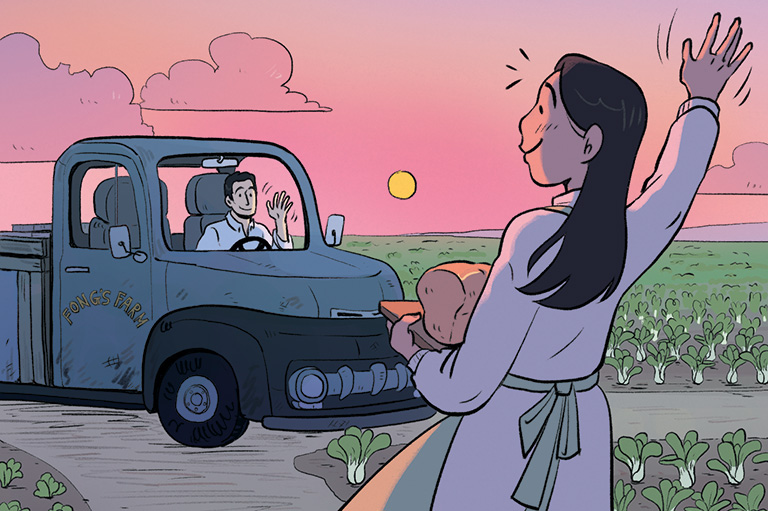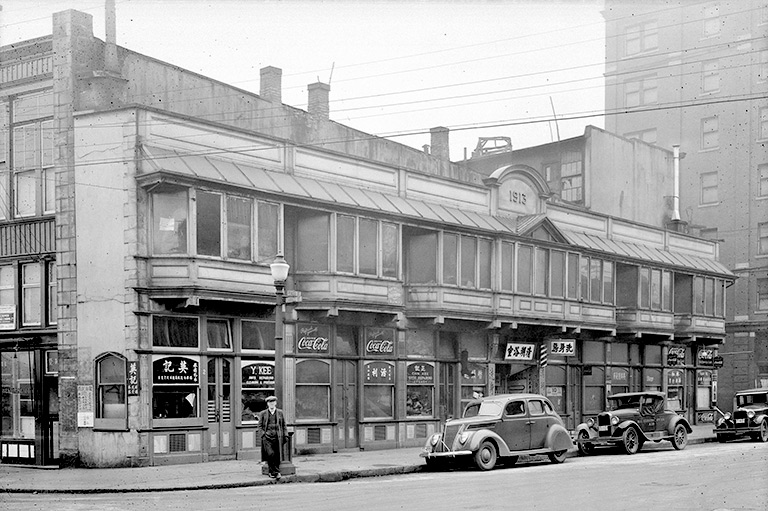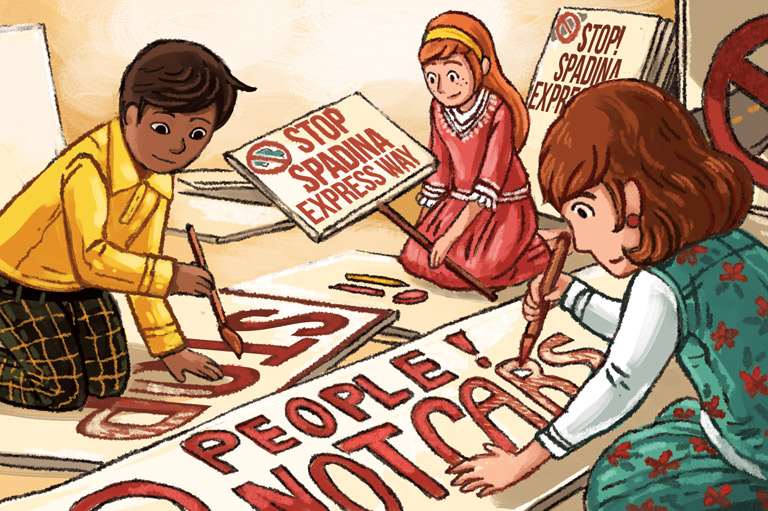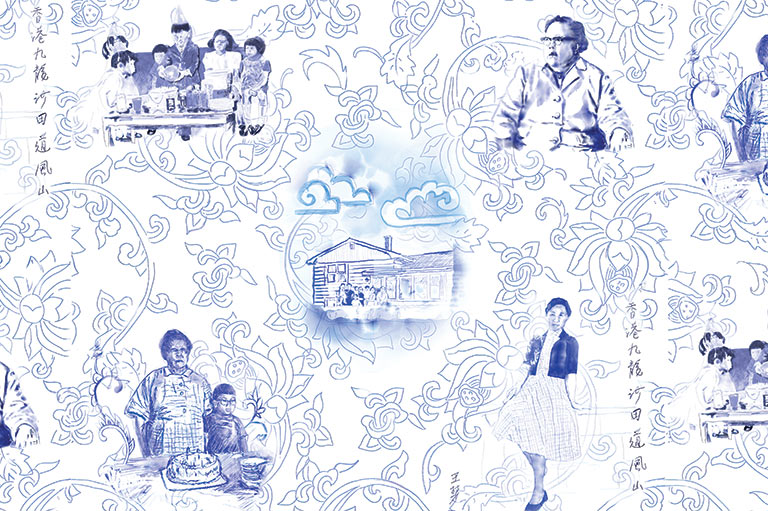Canada Welcomes Chinese Refugees

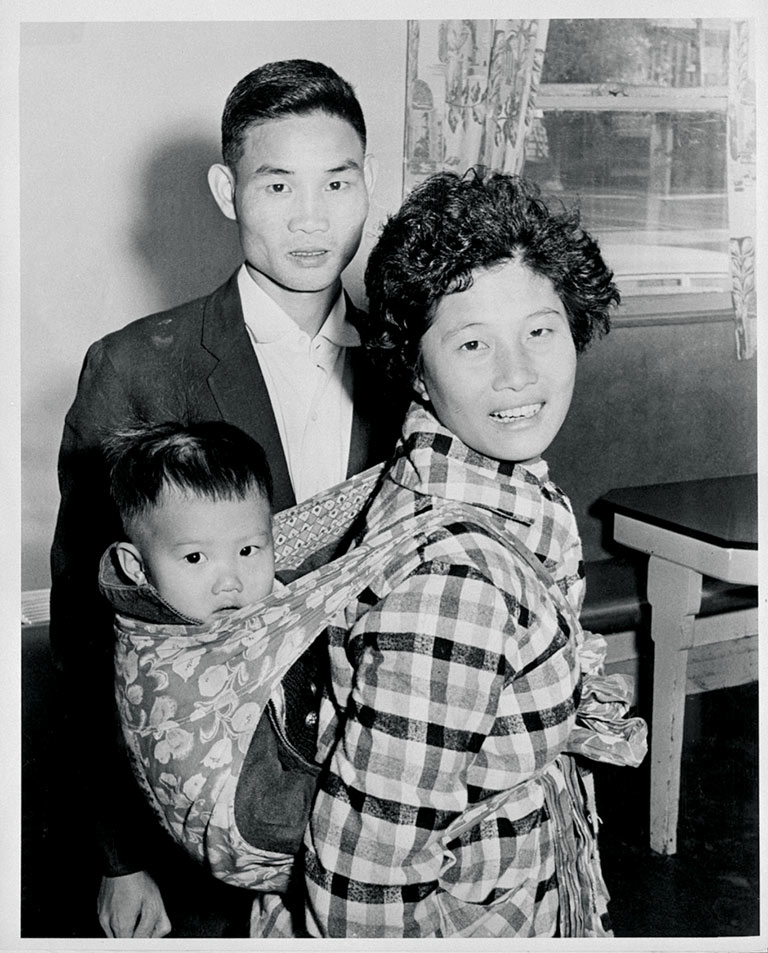
Between 1959 and 1961, China faced widespread famine as a result of Communist leader Mao Tse-tung’s failed “Great Leap Forward” policy that dispossessed small farmers of their lands and forced them to live in agricultural and industrial communes. Extreme weather conditions caused crop yields to plummet even further, and as many as thirty million Chinese citizens starved. Thousands of Chinese fled the country to neighbouring Hong Kong, then a British territory, and sought asylum. Overwhelmed, British authorities asked other democratic countries, including Canada, to accept some of the famine refugees.
Back in Canada, the idea of accepting Chinese refugees was controversial. In 1923 Canada had passed the racist Chinese Immigration Act, known colloquially as the Chinese exclusion act, which effectively barred Chinese immigration to the country. The act was repealed in 1947, but many Canadians still objected to increased Chinese immigration, with some fearing that it would lead to a rise in communism in the country. Despite these concerns, in 1962 Prime Minister John Diefenbaker accepted one hundred Chinese families as refugees.
We hope you’ll help us continue to share fascinating stories about Canada’s past by making a donation to Canada’s History Society today.
We highlight our nation’s diverse past by telling stories that illuminate the people, places, and events that unite us as Canadians, and by making those stories accessible to everyone through our free online content.
We are a registered charity that depends on contributions from readers like you to share inspiring and informative stories with students and citizens of all ages — award-winning stories written by Canada’s top historians, authors, journalists, and history enthusiasts.
Any amount helps, or better yet, start a monthly donation today. Your support makes all the difference. Thank you!
Themes associated with this article
Advertisement
With 7 uniquely curated newsletters to choose from, we have something for everyone.


